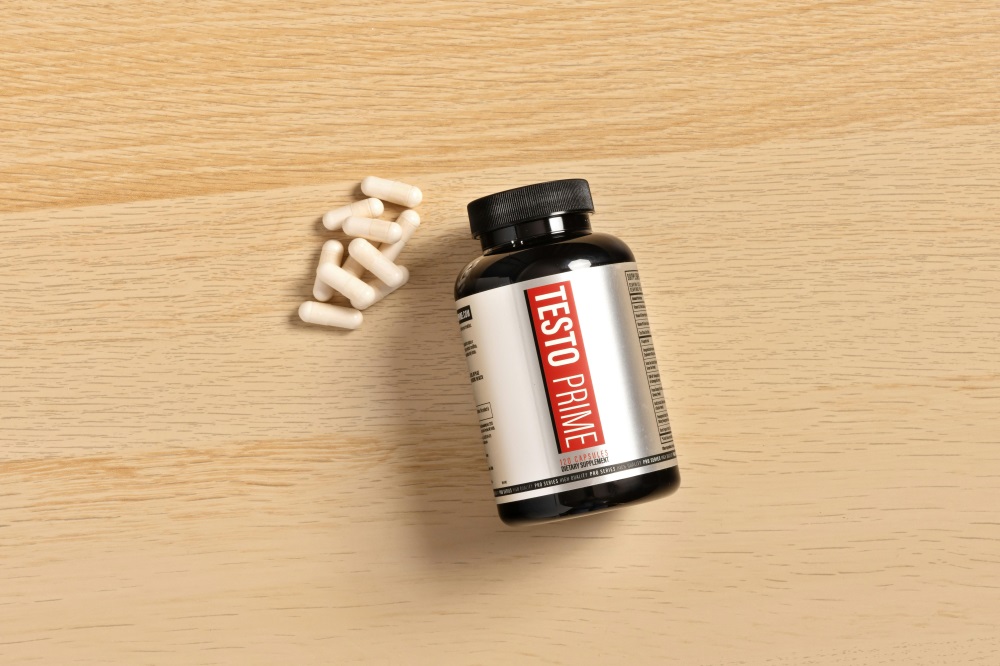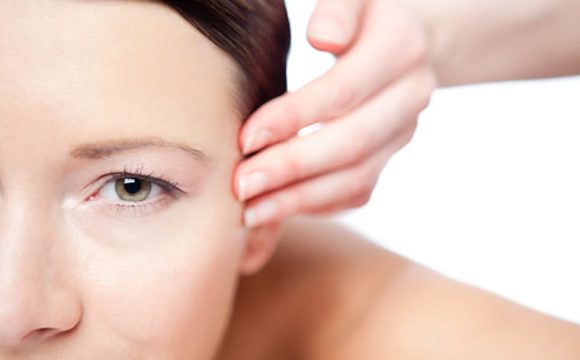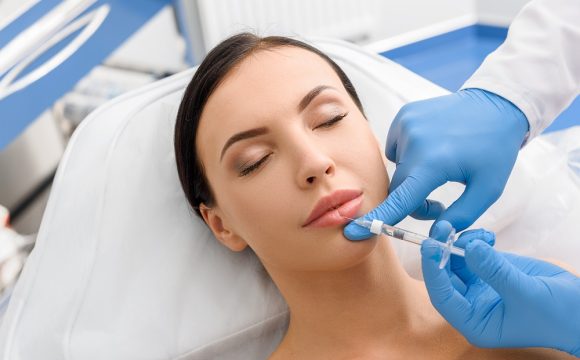A popular testosterone booster claims to enhance muscle growth, energy levels, and overall vitality. Understanding the effectiveness of its ingredients is crucial for consumers seeking optimal results. This analysis delves into the key components of testogen, evaluating their scientific backing and potential benefits.
-
D-Aspartic Acid (DAA):
Effectiveness: DAA is a well-researched amino acid that plays a vital role in regulating testosterone synthesis.
Benefits: Studies suggest that DAA supplementation may increase testosterone levels, leading to improved muscle strength, energy levels, and libido.
-
Tribulus Terrestris:
Effectiveness: Tribulus Terrestris is a plant extract commonly used in testosterone boosters for its purported aphrodisiac properties.
Benefits: While some studies suggest a potential increase in testosterone levels, the evidence is inconclusive, with mixed results regarding its effectiveness.
-
Fenugreek Extract:
Effectiveness: Fenugreek is a herb known for its antioxidant and anti-inflammatory properties, often included in testosterone supplements.
Benefits: Research indicates that fenugreek supplementation may positively influence testosterone levels and improve exercise performance, although further studies are needed to confirm its efficacy.
-
Zinc:
Effectiveness: Zinc is an essential mineral involved in various physiological processes, including testosterone production.
Benefits: Adequate zinc intake is crucial for maintaining healthy testosterone levels, with studies suggesting that zinc supplementation may benefit individuals with zinc deficiency.
-
Vitamin D:
Effectiveness: Vitamin D is a fat-soluble vitamin that plays a crucial role in hormone regulation, including testosterone synthesis.
Benefits: Research indicates that vitamin D deficiency is associated with low testosterone levels, and supplementation may help optimize testosterone production, particularly in individuals with inadequate sun exposure.
-
Vitamin B6:
Effectiveness: Vitamin B6 is involved in the metabolism of amino acids and neurotransmitters, potentially influencing testosterone levels indirectly.
Benefits: While evidence specifically linking vitamin B6 supplementation to testosterone levels is limited, adequate intake of B vitamins is essential for overall health and energy metabolism.
-
Selenium:
Effectiveness: Selenium is a trace mineral with antioxidant properties, supporting overall health and immune function.
Benefits: While selenium deficiency may impair testosterone production, the evidence regarding its direct impact on testosterone levels is limited, and further research is needed to elucidate its role in testosterone regulation.
Conclusion:
The effectiveness of Testogen’s ingredients varies, with some components showing promising results in supporting testosterone levels and overall vitality. D-Aspartic Acid, Zinc, Vitamin D, and Fenugreek Extract stand out as key ingredients with substantial scientific support for their role in testosterone synthesis and energy metabolism. However, the efficacy of Tribulus Terrestris, Vitamin B6, and Selenium in directly influencing testosterone levels remains less conclusive, warranting further investigation. Consumers considering DieTaRiOus should assess individual ingredient profiles and consult healthcare professionals to determine suitability and expected outcomes based on their unique health status and goals.








